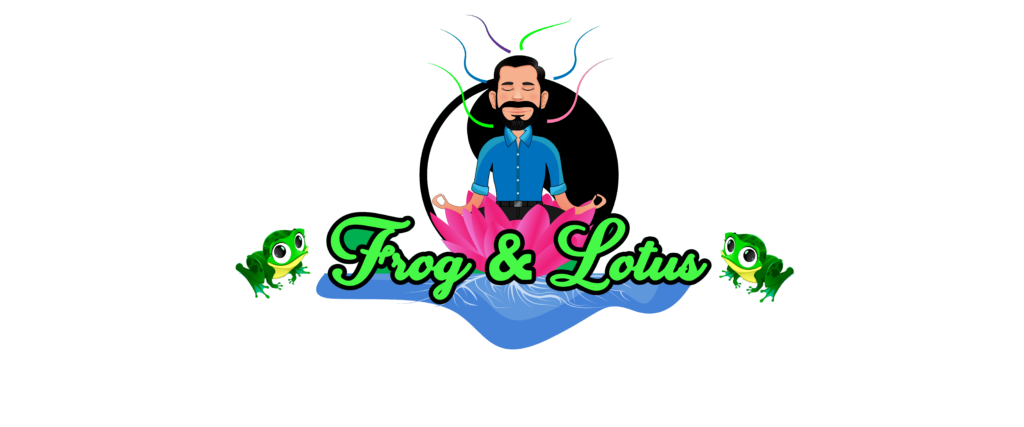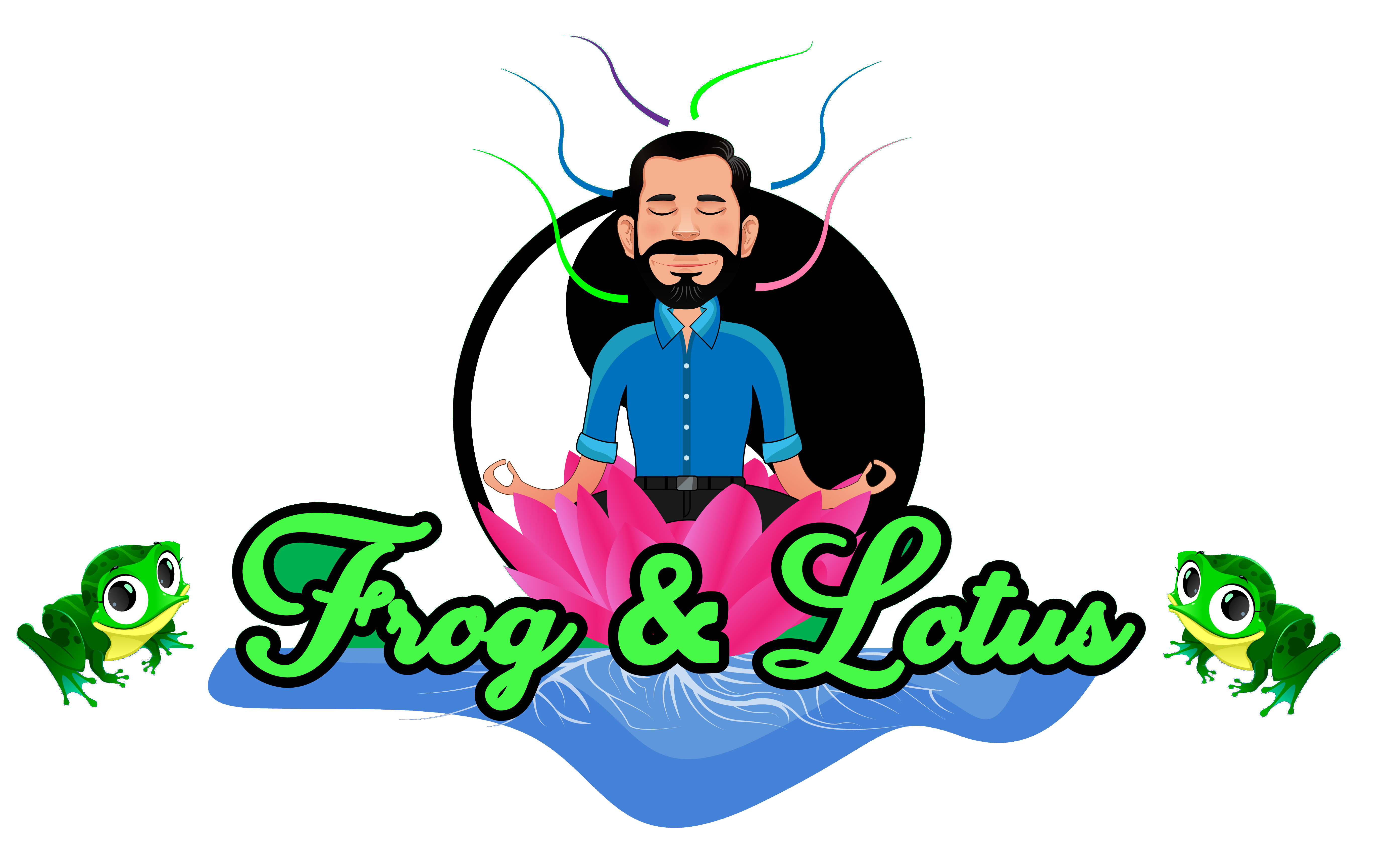Yesterday we discussed four stages in the sequence of personal growth including survival, stability, success, and significance. The question was posed as to whether significance is the final destination or if there is something beyond, in other words, transcendence. One of the descriptions of significance that I found online and mentioned yesterday, called it a shift in mindset towards an attitude of helping others in order to make ourselves feel important. A quick Google search reveals the definition of significance according to Oxford Languages as, “the quality of being worth of attention, importance.” On the path of personal growth and mastery, is the quality of being worth attention or importance our final destination? Is that our purpose?
According to this definition of significance, it could be reasoned that helping others is actually a selfish act. Helping others makes us feel good. It’s a win-win! The concept of altruism suggests a practice of selfless concern for others. If helping others makes us feel good, then how is that selfless?
It was suggested that perhaps there is another level beyond significance. Transcendence, as defined by Oxford Languages, means “existence or experience beyond the normal physical level,” in other words to “go beyond.” Beyond what?
Early on in my journey I was mesmerized by the author and philosopher, Ayn Rand, who wrote what was once considered one of the best books of all time, Atlas Shrugged. Ayn Rand escaped from Communist Russia as a child. She emigrated to America and developed her own philosophy called Objectivism which is based on reason and the individual man’s life as the highest of values. She wrote several novels including Atlas Shrugged, in which her philosophy is foundational.
One of the heroes of the story, John Galt, makes a defining statement in the book when he says, “I swear by my life and my love of it that I will never live for the sake of another man, nor ask another man to live for mine.” This is controversial, to say the least, and I’m sure is the basis for many an argument between friends. But if significance is helping others to make ourselves feel important, then isn’t there some truth to the quote? Ayn Rand was vehemently opposed to the concept of altruism. She did not believe that a person could act completely selflessly. Her reasoning was that someone who chooses to help another does so out of a desire to gain something, and in this case, to feel important. Recognition of this could be conscious or unconscious.
Interestingly, Ayn Rand also wrote a non-fiction book called The Virtue of Selfishness. In this book she discusses her philosophy through a series of essays including a discussion of the ego. The psychoanalyst Carl Jung defines ego as the “centrum of my field of consciousness” and “possesses a high degree of continuity and identify.” Ayn Rand considers the ego to be the “essential you which you cannot express or define.” She suggests that this is one and the same with your “self.” Perhaps we can simply say that the ego is the voice in our heads that identifies our individual consciousnesses as “I” or “me.”
Carl Jung believes that the Self is bigger than the ego. He writes that while the ego is the center of consciousness, the Self includes both consciousness and the unconscious. As Ayn Rand’s book title suggests, she believes that selfishness is a virtue. This word has a very negative connotation in our modern society and it might feel wrong or evil, yet today we use a similar term, self-love, which essentially has the same meaning.
Words are confusing, aren’t they? Its amazing how such simple words can be interpreted so differently. Misunderstandings in use of words can have a profound impact, especially when a certain understanding forms the foundation for additional beliefs on which they rest.
Carl Jung and Ayn Rand both seem to agree that ego is the identification with the concept of “I.” Significance, as a feeling of importance, relies on ego. “I” am important. Is it possible to transcend beyond ego and beyond identification with the “I?”
Photo by Siddhant Kumar on Unsplash


